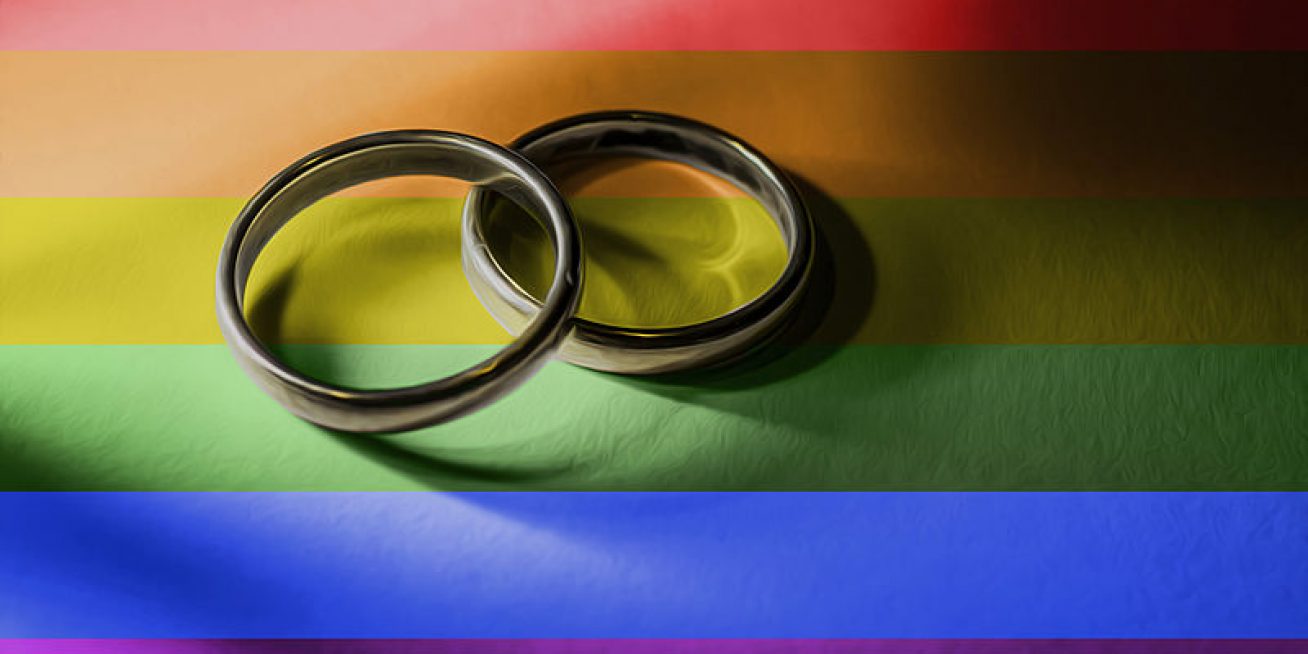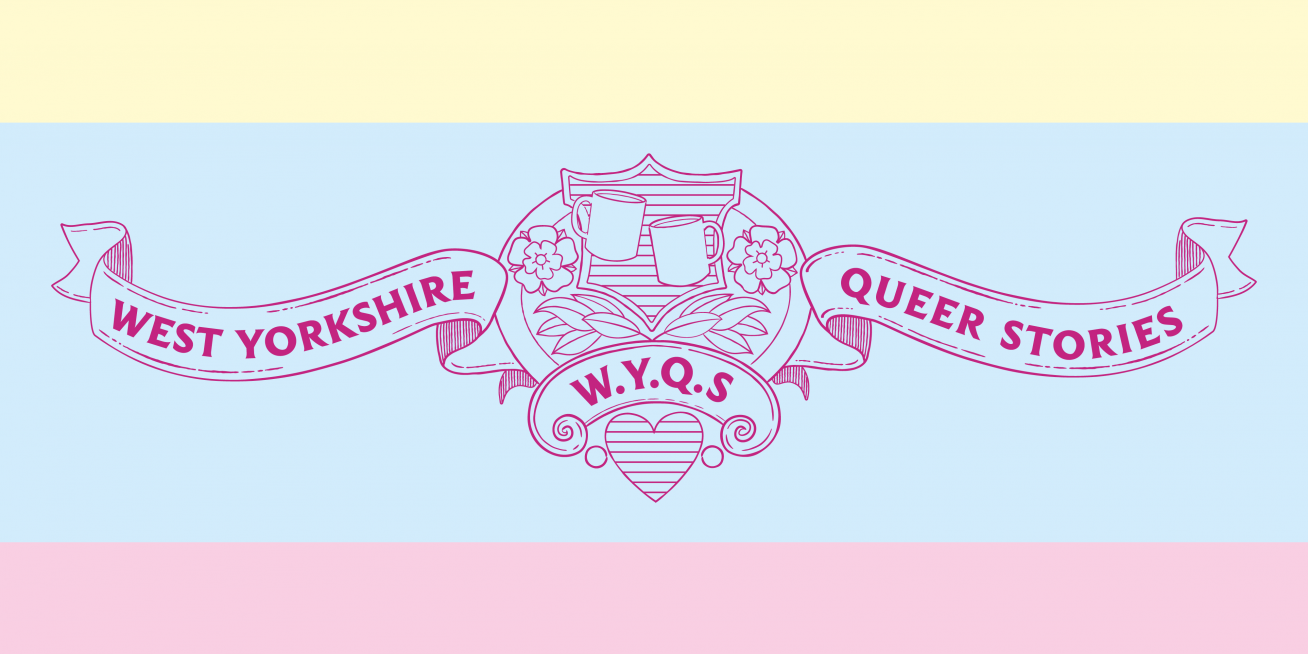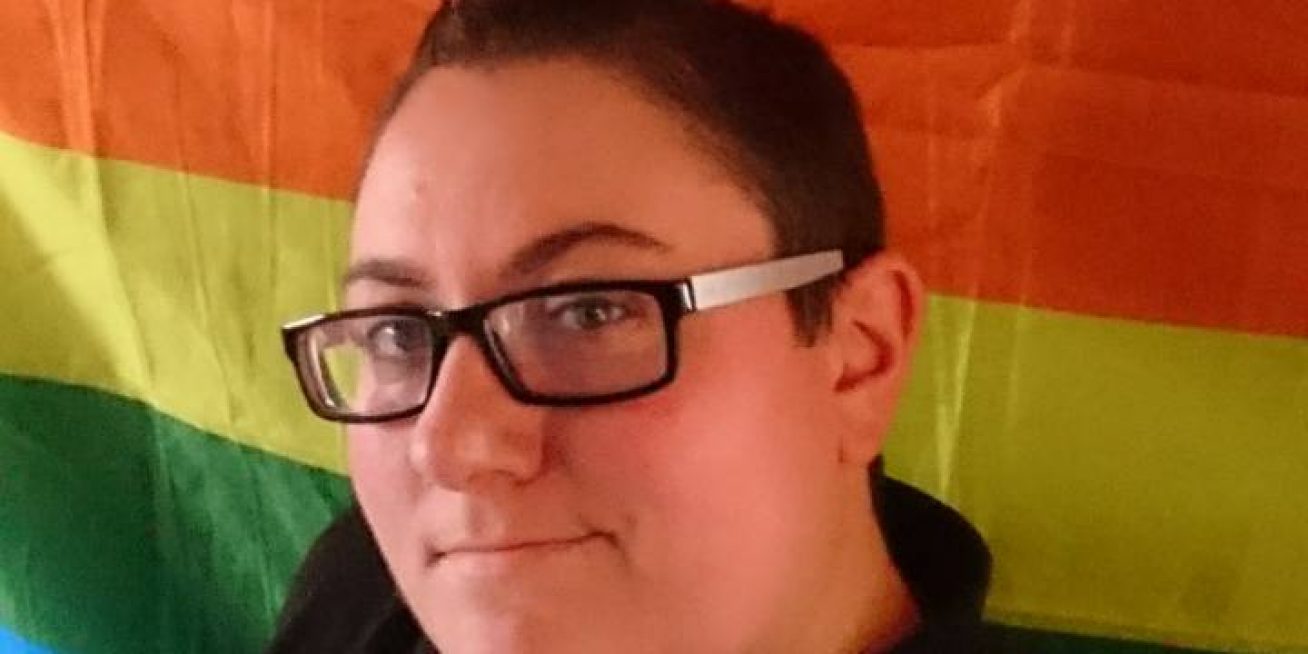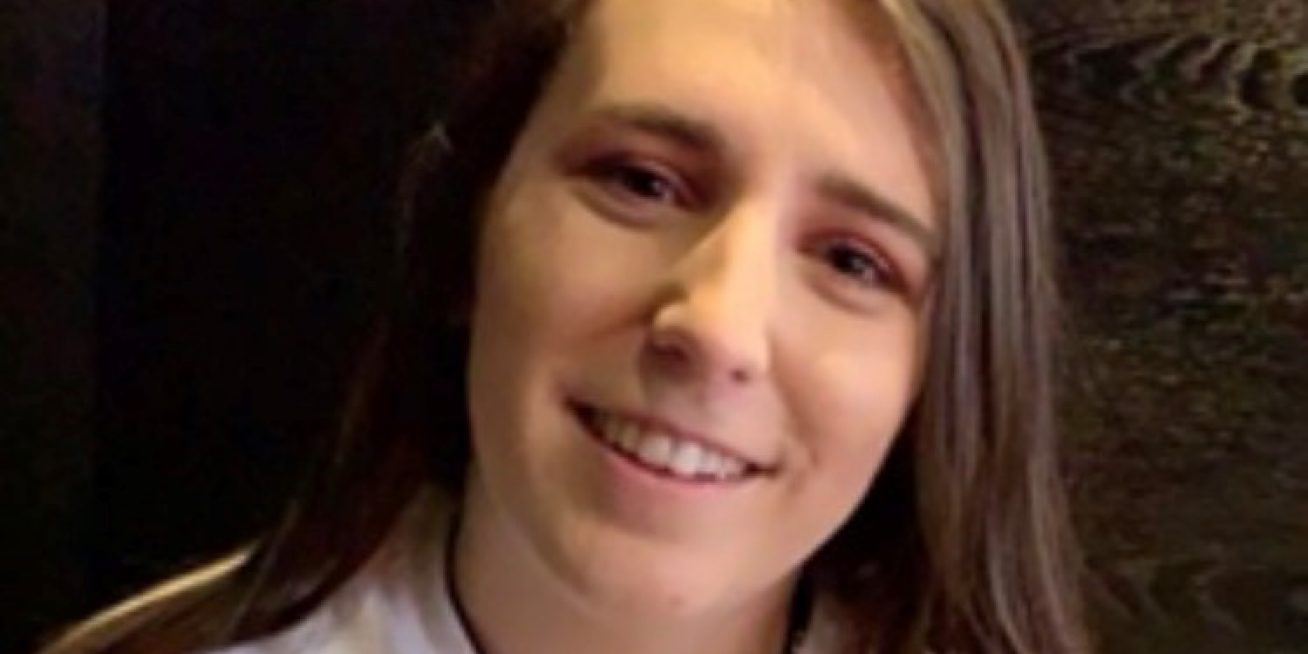Being feminine and queer
Jess talks about coming out, labels, and issues of visibility as someone who is feminine-presenting.
TRANSCRIPT
JESS: So yeah coming out I don’t really... Do you know what? The only time I’ve ever felt like I was coming out was when I posted something, I posted something that contained the word lesbian in it. On Facebook. And it was more about, cos my family are pretty like, down to earth, and they all met Louise, she came to my grandmother’s funeral with me so she’s met like literally all of my family. And there was no like, it didn’t feel like a big deal. It was just like a part of my life that I was introducing them to. But what did feel like a big deal was like, using a word that I feel like puts me into a very specific box. So, like I wouldn’t necessarily, I like the word lesbian, I wouldn’t necessarily know that I identify as that. [laughs] I find that having to identify as one particular thing consistently is actually really limiting. And I don’t find it that useful. I understand why people would want to and that’s fine. But like because I’m in a relationship with a woman I like referring to myself as a lesbian sometimes but I don’t even know really if that’s true.Who knows what the future holds. Hopefully, this relationship forever, but [laughs]. But that’s, you know, that’s my sort of bone of contention with being labelled I guess. And I found it difficult to put that out into the world as something that specific. And I think that’s what I struggled with. And the people who are on my Facebook are gonna be people who I went to school with, the people I grew up with, and people who don’t know me anymore so would assume maybe things about me that wouldn’t be true anymore. And that’s what I really struggled with. The fact that that label would be paired with that person I used to be. And I didn’t like that feeling but also I like that word and didn’t want to not, I didn’t want to subscribe to the pressure of feeling like I didn’t want to say that in the world cos that is living a lie. I don’t wanna do that. And I can be quite bolshy [laughs]. Quite a bolshy person. And so I just did it. But there was an anxiety there.
INTERVIEWER: So it wasn’t a post about coming out. It just happened to be about…
JESS: No, it was this amazing meme account called Punk Sapphics or something like that [laughs]. And it was just about, like cos I’m quite feminine person. I have long hair and I like to wear dresses and I’ve always been quite, well, maybe that’s a push, but I’m often quite feminine and I present quite femininely. And so I put something out, there was like a quote about the lesbian femme and I loved it. I thought it was really funny and interesting and so I posted it I was like, I think the quote was like, ‘flutters eyelashes’. So, it was clearly I was saying it about myself. That was the point. But it was more about being feminine and queer, really, than it was about being a lesbian. But just cos it had that word in it. It felt very pointed.
INTERVIEWER: You felt exposed.
JESS: Yeah, exactly. Very exposing. Yeah, that’s exactly it.
INTERVIEWER: Was that a while ago?
JESS: No it was like literally a couple of weeks ago.
INTERVIEWER: So you still feel like you’re on your journey?
JESS: Definitely. And I don’t know when that won’t be true to be honest. I can’t imagine a time when that won’t be true because, like I’m not… I can sometimes think that I know everything. Don’t get me wrong, I think everyone has the capacity for that. But, I’m not like arrogant enough to think that I’ll ever stop learning about myself and that could be within a framework of queerness or it could be within a framework of like, gender. I mean, I don’t know if I’m ever gonna keep wanting to present as femininely as I do cos I’m very aware that it is, it is… Like, being a femme queer can be quite… you feel slightly erased sometimes. And I, there’s, I have a problem with myself anyway where I lack validation. I find it difficult to find ways to validate myself. And even when it’s being shoved in my face sometimes I wave it away. But also I spent like, 26 years up until now constructing this feminine identity that I really enjoy so I don’t want to give it up to prove to someone that I’m queer. And I would find that difficult to do anyway. But I do think I do struggle with it sometimes. I find a lot of the time it’s straight men that I struggle with it with. But I mean there’s a lot of things with straight men that I struggle with [laughs].
But often they’re like people in like a service positions that I find. Like, taxi drivers? Always really wanna question and they’re just trying to make conversation a lot of the time. I’m not, it’s not really, it’s a societal problem. I’m not necessarily like blaming these individuals. But, often they’ll ask me about my, they’ll ask if I’ve got kids. They always start with, ‘have you got kids?’. ‘No’. ‘Oh, right, have you got, are you married?’ ‘No.’ ‘Have you got a boyfriend?’ ‘No.’ ‘Oh, right so you’re single’ ‘No.’ [laughs] And they’re like so confused. And they’re like ‘what?’. And I’m like ‘I’ve got a girlfriend, a partner.’ And they’re like ‘Oh, cos you don’t look’ [laughs]. I’m like, yeah, you know. And it can be exhausting. It can be exhausting. And also like because I look feminine and sometimes we go through that process often it feels like if they’re trying to find out if they are allowed… if they’re allowed to have a go, almost [laughs]. It’s like, oh can I? Am I allowed? And actually, that’s not the way to find out. That’s not the root of, like, the answer to all those questions is not gonna give you the answer to question that you’re trying to ask. And that’s what I find quite frustrating about those questions. Because if they would just come out and be like, are you single? I would just be like, no I’m not interested. And that would be enough.







